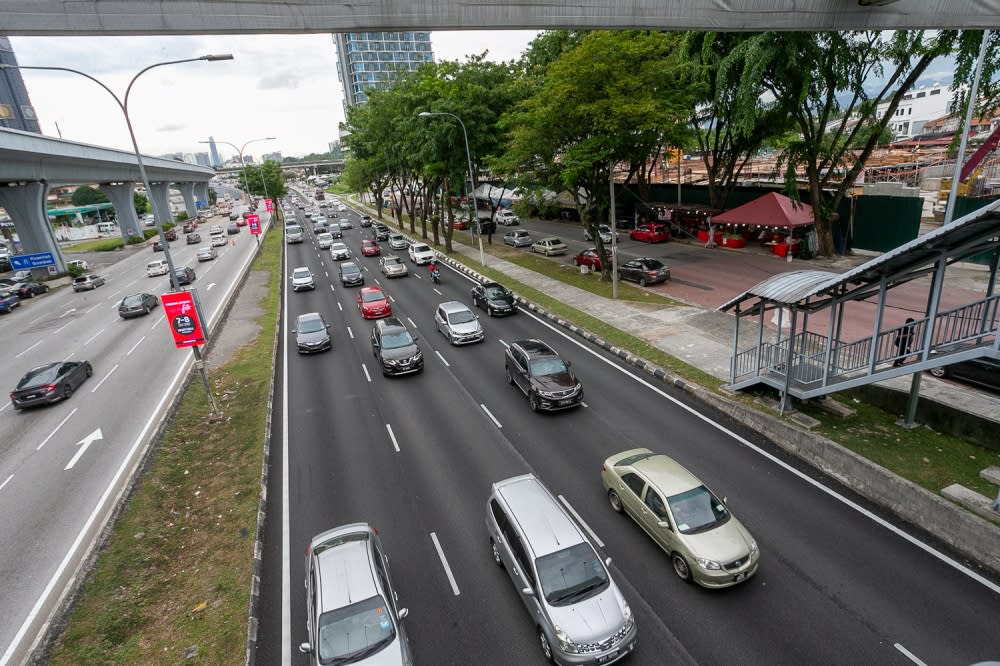 Malay Mail
Malay MailMalaysians aren’t ‘addicts’, just stuck with poor options

SEPTEMBER 27 — It’s rather telling that my reaction to a minister’s recent gaffe was “Ah, him again.”
Whoever is in charge of media training and communications in the government probably needs to do a refresher course in the very basics of media relations.
If there isn’t anyone in charge of that, perhaps they should get on it right away because I am tired of reading headlines that can be summarised as “politicians are very bad at choosing their words”.
On a side note, some publications leading with a controversial quote and then burying the context behind a paywall and very far down the article also need training in that thing called “basic ethics”.
While I understand the whole “Don’t bore us, get to the chorus” when it comes to writing online news, making a politician look bad through sheer incompetence isn’t a good look.
I am rather tired of hearing that the media always has an agenda.
What I do understand is that the minister (he said so himself if you scroll right to the bottom of the story or suffer through the audio recording of his interview) does not actually blame the poor, but still calling them “addicts” to eating out sounds like an insult.
Words have power; words have meaning. A politician of all people should know that.
It’s ridiculous that Malaysians can have double standards with politicians; some can speak totally off the cuff with the coarsest of language and be called an “everyman” and some can have one quote taken out of context and suddenly he’s the Antichrist of the poor.
What the minister pointed out is that poverty that isn’t mentioned enough — time poverty.
When you spend so much of your time commuting, you don’t just lose time but energy.
It doesn’t help that for some really terrible reason too many workplaces are sticklers about punctuality while pretending not to understand that many workers are battling it out on the roads to get to work on time.
Rush hours shouldn’t need to exist at all if work hours were flexible, accommodating remote work and allowing for more fluidity in the flow of traffic, instead of everyone fighting to get in and then fighting to get out.
That’s the reality for most people and really, if you’re tired and cranky you’re not going to feel like cooking.
Working from home in the evenings means I can sleep in and leisurely make myself tamagoyaki and Thai milk tea for breakfast, or walk over to my favourite char kuey teow stall.

The writer says too many workplaces are sticklers about punctuality while pretending not to understand that many workers are battling it out on the roads to get to work on time. — Picture By Raymond Manuel
For many people the only way they will get breakfast is waking up early to beat the jam and then grabbing a bite from the nearest breakfast joint or food stall before work starts.
Why not plan your meals? Freeze them in bulk? Sometimes, my dear financial gurus, people just want to rest on weekends and not spend it cooking batches of food.
Meal prep is exhausting. I stopped baking until I got a food processor that now kneads my dough for me.
When I’m sick, my cooking blender makes me congee and my pots of miso in the fridge mean I can just have miso soup whenever I want.
With all those modern conveniences sometimes I’m still too tired to cook or am just not in the mood.
If single, childless me can’t muster up the energy to cook all the time, how could I possibly blame or shame people who are probably exhausted from the not-fun and costly mundanity of commuting?
* This is the personal opinion of the columnist.


